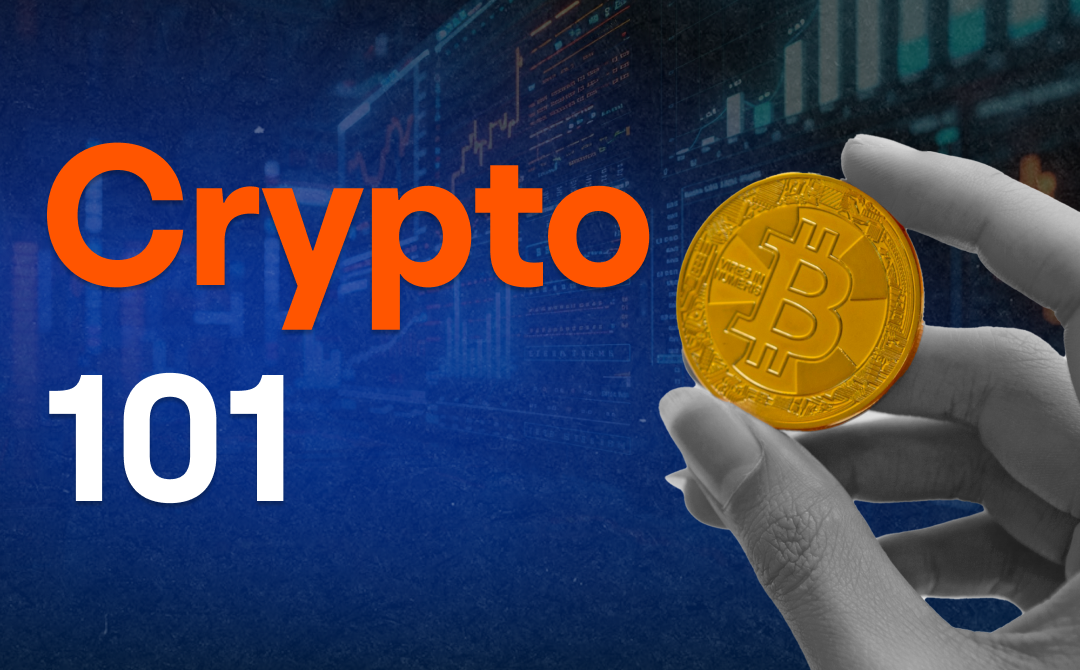Image credit: Visual China
Transsion Holdings Co., Ltd. (hereinafter referred to as "Transsion"), which has been performing well in the smartphone markets in Africa and other regions, has encountered some troubles. According to Blue Whale News on July 13th, the annual sales volume of the company in 2023 was 18,000 kiloliters, a YoY increase of 28.10%, and the growth was significant. As for the product structure, the operating income of products worth 10-30 billion yuan was 401/1288/60 million yuan, respectively.
On the evening of July 12th, according to foreign media reports, Qualcomm (hereinafter referred to as "Qualcomm") is suing Transsion in the Delhi High Court in India to protect its own patent rights. Qualcomm pointed out that although Transsion has signed a licensing agreement with Qualcomm for some of its products recently, most of its products have not obtained Qualcomm's license and are still infringing its valuable patent portfolio.
 Ann Chaplin, General Counsel of Qualcomm, told the Financial Times in the UK:"Transsion Holdings refuses to accept Qualcomm's license for most of its mobile products, so we are suing to defend our rights." She added that this is not only to protect Qualcomm's patent rights, but also to help all other licensees of Qualcomm to restore a fair competitive environment.
Ann Chaplin, General Counsel of Qualcomm, told the Financial Times in the UK:"Transsion Holdings refuses to accept Qualcomm's license for most of its mobile products, so we are suing to defend our rights." She added that this is not only to protect Qualcomm's patent rights, but also to help all other licensees of Qualcomm to restore a fair competitive environment.
The four "non-standard essential patents" involved in this lawsuit are not patents necessary for reaching standards. Sun Zhifeng, Director of the Intellectual Property Department of Beijing Zhuo Wei Law Firm, said in an interview with Blue Whale News:"Standard-essential patents must require compliance with special rules such as the FRAND licensing principle, of which the most important manifestation is fair, reasonable and non-discriminatory licensing conditions and fees. Non-standard essential patents are protected in accordance with ordinary patents and there are no special rules to balance the interests of all parties. In other words, patentees have greater initiative and bargaining power on non-standard patents."
In response to Qualcomm's lawsuit, Transsion responded:"We have signed a 5G standard patent license agreement with Qualcomm and are fulfilling the agreement. Transsion's sales network covers over 70 emerging market countries in Africa, South Asia, and other regions. In these countries, some patent owners do not have or only have a small number of patents, but they demand license fees that are too high, based on a globally uniform rate without considering the differences in economic development levels in different regions or markets where there are no or only a small number of patents, as well as different rates provided in different regions based on existing case law. We believe that the practice of some patent owners does not fully comply with the principles of fairness, reasonableness and non-discrimination."
Transsion is headquartered in Shenzhen, China, and mainly operates business overseas for smart phones. With its insights into local African users and extensive advertising campaigns, it has long been known as the "King of Africa" and owns the three major brands of Tecno, Itel, and Infinix. In recent years, Transsion has begun to expand to emerging market countries around the world such as South Asia, Southeast Asia, the Middle East, and Latin America, and its global voice has continued to expand, and its popularity has become increasingly high. According to IDC data, the top five global smartphone market shares in 2023 are Apple, Samsung, Xiaomi, OPPO, and Transsion, with market shares of 20.1%, 19.4%, 12.5%, 8.8%, and 8.1%, respectively. Compared with 2022, only Apple and Transsion achieved a YoY increase in annual shipments, with Transsion growing by 30.8%, while Apple increased by only 3.7%. In the first quarter of 2024, Transsion's growth was even stronger. According to IDC data, its shipments surged by 85%, and its market share reached 9.9%, surpassing OPPO and ranking fourth among the top five mobile phone manufacturers.
Correspondingly, its financial performance is also outstanding. According to financial report data, the annual revenue of Transsion in 2023 reached 62.295 billion yuan, a YoY increase of 33.69%, and the net income increased by 122.93% YoY to 5.537 billion yuan. In the first quarter of 2024, the company continued its growth trend, with revenue reaching 17.443 billion yuan, an 88.1% YoY increase, and net income reaching 1.626 billion yuan, a 210.3% YoY increase. In addition, it is rumored that benefiting from the achievement of the overall operating performance exceeding the budget and a significant YoY growth in 2023, the management of the company decided to pay all Transsion employees 30% more than the normal year-end bonus. The authenticity of this news was confirmed by an insider of Transsion to Blue Whale News.
This lawsuit by Qualcomm may pose a crisis to Transsion's expansion, and India, the location of the lawsuit, is also one of Transsion's most important markets. In the 2023 financial report, Transsion clearly stated that its work priorities for the new year were to maintain its advantage in Africa and actively expand new markets. IDC data shows that in 2023, Africa had a market share of 8.2% in the smartphone market in India, ranking sixth.
According to relevant media reports, a former Transsion executive said that in 2023, famous Bollywood stars Deepika Padukone and Hrithik Roshan respectively served as brand ambassadors for Transsion and Itel. In addition, Transsion also invested resources in rebranding multiple Delhi metro stations, now named "Laxmi Nagar Tecno", and placed multiple street billboards nearby to promote its mobile product Camon 20.
In the early years, the reason why Transsion was able to dominate Africa was not only due to targeting user needs, such as designing four SIM card slots and researching camera functions for black skin tones, but also because these areas were not the focus of attention for Apple, Samsung, and other Chinese mobile phone manufacturers. However, with the expansion of smartphone manufacturers such as Xiaomi, OPPO, and Vivo, it is no longer so easy for Transsion to conquer new markets.
Wang Jing (pseudonym), who lives in Saudi Arabia, told Blue Whale News reporters, "From my observation, it's easier to find physical stores of Xiaomi, OPPO, and vivo, but Transsion's physical stores are very few, and its recognition and popularity are average." Some Chinese people living in Indonesia and the Philippines expressed similar feelings to reporters.
Transsion's rapid expansion is achieved by lowering prices to gain market share, and according to Counterpoint data, the average selling price of Transsion smartphones is 110-120 USD. According to analysts cited by foreign media, the value of patent licensing fees signed between large smartphone manufacturers and intellectual property owners is usually between hundreds of millions of dollars.
In addition to Qualcomm, Philips also filed an intellectual property lawsuit against Transsion in India earlier this year. Another Chinese technology giant, Huawei, also filed a lawsuit against Transsion Technology for alleged infringement of intellectual property rights in China in 2019.
In fact, smartphone manufacturers, including Xiaomi, OPPO, and vivo, have all been involved in patent infringement disputes. For example, in 2018, OPPO signed a three-year licensing agreement with Nokia, which includes essential patents for 2G, 3G, and 4G standards. At the end of June 2021, on the first day of the expiration of the agreement, Nokia launched dozens of infringement lawsuits against OPPO in many countries around the world. The German court ruled that OPPO infringed Nokia's patent, resulting in the ban of OPPO phones in Germany, and they returned to the market after settlement.
Transsion's plan to expand upward from developing countries and regions to attack the market is facing increasingly large legal and business challenges from global technology giants.










 Today, after hitting the high near 24,000 in the early session and entering bearish positions, the index fell sharply by nearly over 600 points, immediately recouping yesterday's losses significantly.
Today, after hitting the high near 24,000 in the early session and entering bearish positions, the index fell sharply by nearly over 600 points, immediately recouping yesterday's losses significantly.

 Moreover, today it broke the new high again, reaching a maximum of 24,076, but by the end of the market, it fell back by about 70 points, producing a bearish candle. The current trend has not yet been broken, but from the previous low until now, it has risen close to 6,000 points. It is believed that those with positions can continue to hold until there is a clear trend reversal for profit-taking. Those without positions can wait for a pullback to get in. Actually, it is hoped for a quick pullback, as it allows for entry and also provides a healthy breath.
Moreover, today it broke the new high again, reaching a maximum of 24,076, but by the end of the market, it fell back by about 70 points, producing a bearish candle. The current trend has not yet been broken, but from the previous low until now, it has risen close to 6,000 points. It is believed that those with positions can continue to hold until there is a clear trend reversal for profit-taking. Those without positions can wait for a pullback to get in. Actually, it is hoped for a quick pullback, as it allows for entry and also provides a healthy breath. Currently, the outlook remains the same as before. It is believed that even if there is a pullback, it shouldn't be too deep. However, if Futures fail to stabilize and close below 22,350, there may still be room for decline. The chance of Futures falling below 21,400 in the short term should be low, so it is considered that if a significant pullback occurs, it presents a good opportunity to incrementally go long. Recently, there has been a consistent approach to not hold positions overnight, only focusing on immediate trades, as there is no high chasing and no casual short selling.
Currently, the outlook remains the same as before. It is believed that even if there is a pullback, it shouldn't be too deep. However, if Futures fail to stabilize and close below 22,350, there may still be room for decline. The chance of Futures falling below 21,400 in the short term should be low, so it is considered that if a significant pullback occurs, it presents a good opportunity to incrementally go long. Recently, there has been a consistent approach to not hold positions overnight, only focusing on immediate trades, as there is no high chasing and no casual short selling.
Comment(0)
Reason For Report